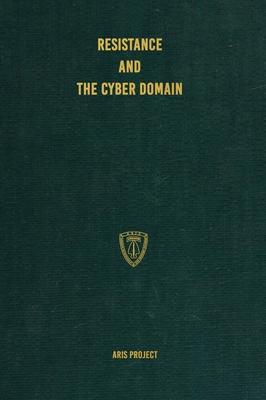Resistance movements have leveraged the cyber domain since information technology began to intertwine the globe with unprecedented scope, speed, and accessibility.
Several important characteristics distinguish today's resistance movement. One of these characteristics is the use of online social media platforms to frame the messaging of the resistance. Additionally, the new technology diminishes the role of formal organizations. While some argue that new media is simply a faster and more resource efficient means of communicating and organizing, others maintain that new media changes how resistance movements mobilize participants, as well as the role of formal organizations, and the resulting political outcomes.
This new form of resistance relies heavily upon new media to mobilize and organize, while diminishing the role of formal organizations in favor of leaderless, networked structures which organize and recruit online.
Ultimately, the cyber domain has forever changed the resistance landscape in how they emerge, diffuse, and operate, yielding new advantages and creating new vulnerabilities.
